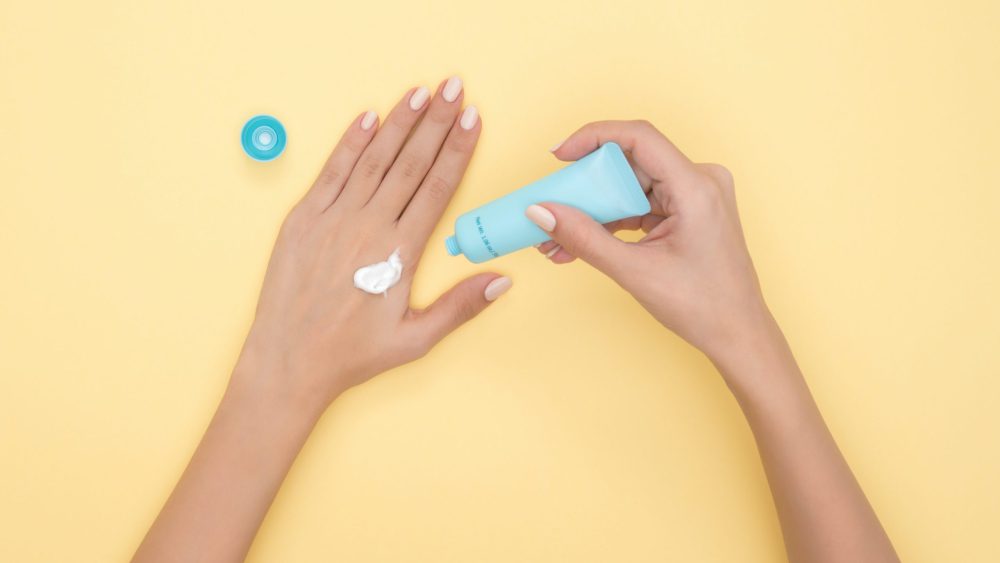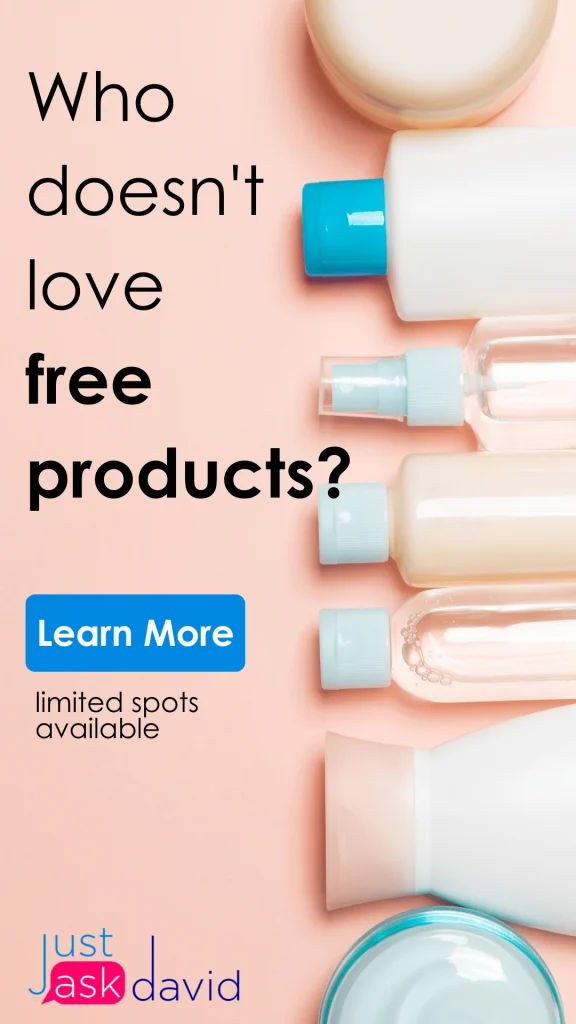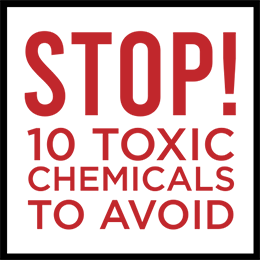Cosmeceuticals, also called nutricosmetics, are nothing new. The trend of beauty from within and realizing the important role health plays in the look of our skin has been accepted in Europe as early as the 90s.
But the concept hasn’t always been so popular in the United States. American companies tried to adopt a more clinical approach by having pharmacists advise the consumer one-on-one, like Europe’s well-known anti-aging line, Vichy. But it never caught on with the American audience because they just didn’t connect nutrition with beauty.
Many American beauty companies – even the ones that have been around for many years – are just now looking at a more holistic approach to skin care. The idea is dealing with skin from the inside out. At the end of the day, the skin is an organ, so it makes a lot of sense.
Cosmeceuticals Have Been Around for Decades
This trend has been around for decades! Europe and Asia have been on board with cosmeceuticals for many years. So why is it only now catching on in America?
Well, it’s no secret that Europeans and Asians tend to eat better than Americans. They typically consume more fruits and vegetables and less processed food. And this difference in diet may be one of the reasons why cosmeceuticals have always been more popular overseas.
After all, if you’re eating a healthy diet full of nutrient-rich foods, you’re likely getting all the nutrients you need for good skin health. But if you’re eating a lot of processed foods, you may benefit from taking a nutritional supplement specifically formulated for better skin health.
Lack of FDA Regulations on Nutricosmetics: Is It a Drug, Cosmetic, or Soap?
Cosmeceuticals sound like cosmetic pharmaceuticals – it’s in the name! But unlike Europe and Asia, where there are stricter regulations on cosmoceuticals, America has very few laws governing these types of products.
The U.S. Food & Drug Administration is the federal agency responsible for regulating our cosmetics. Even the term “cosmetics” itself is broad and includes much more than makeup and hair care. It includes all personal care products and face/body products that are not ingested. The FDA divides personal care products into three different categories: drugs, cosmetics, and soap. It’s the intended use of each product that determines its category; not necessarily its contents.
A product is defined as a drug if it is intended for the use in the diagnosis, cure, mitigation, treatment, or prevention of disease or intended to affect the structure or any function of the body. The drug category has 2 subcategories: over-the-counter and prescription. All other non-drug products are classified as cosmetics.
So while the trend may be new to American consumers, companies have actually been slow to jump on board because they’re not sure what they can and can’t say about their products. With that being said, there are a few producers of nutricosmetics in the US that are taking advantage of the lack of regulation by making bold claims about their product being a cure-all.
Basically, labeling a product “cosmeceutical” is done to make a product seem more impressive and effective than it really is. Check out what the FDA currently has to say about cosmeceuticals.
Pick Effective Cosmeceuticals
So there you have it! Cosmeceuticals are nothing new… at least not in the US. Will this trend stick around in the states or fizzle out like so many other beauty trends? Only time will tell.
In the meantime, try my Nutri-Cosmetic line by Clinical Results 24|7 (in the highlighted, please link new URL of Clinical Results Nutri-Cosmetic collection) and see what you think!





Comments are closed.